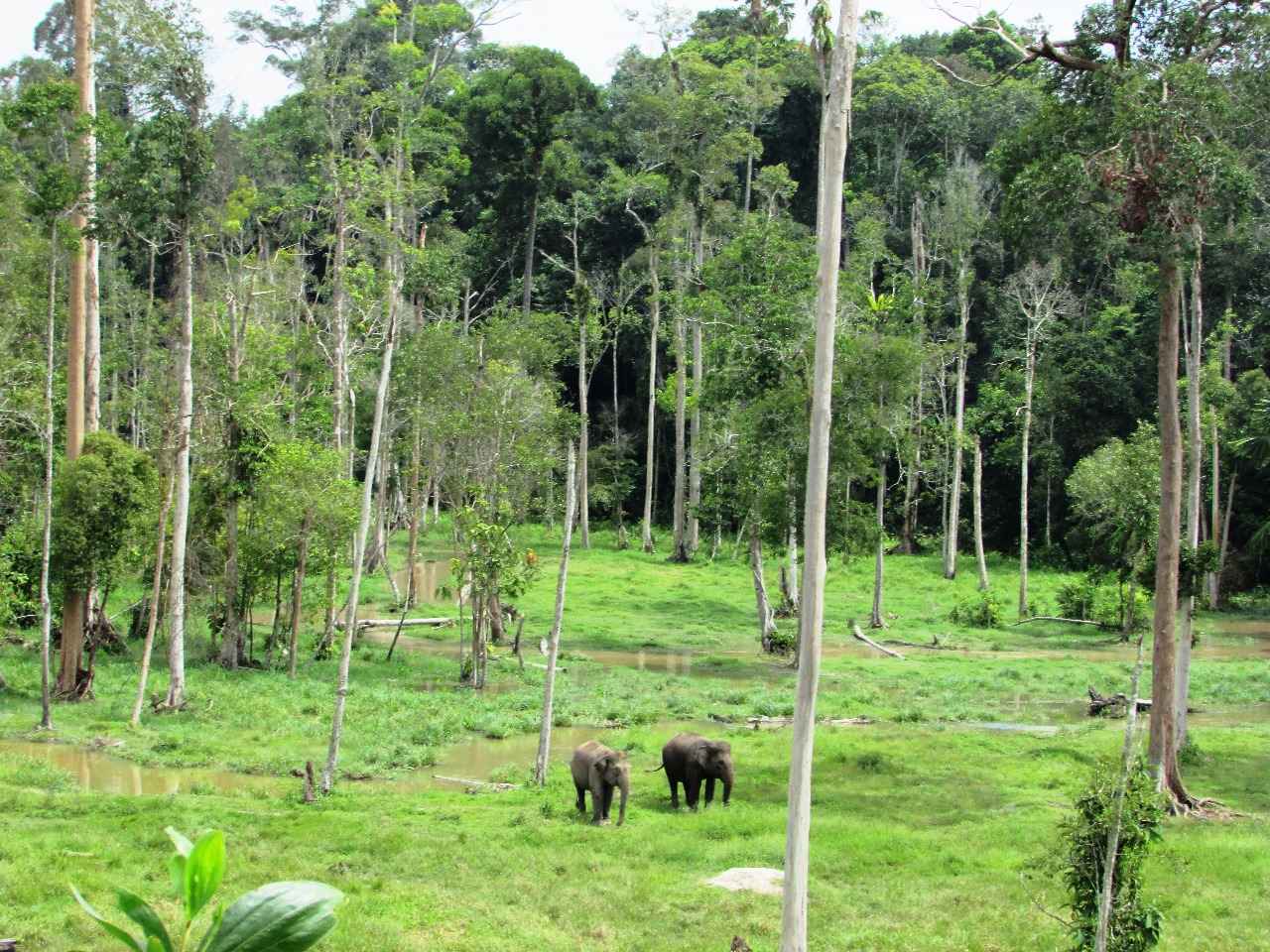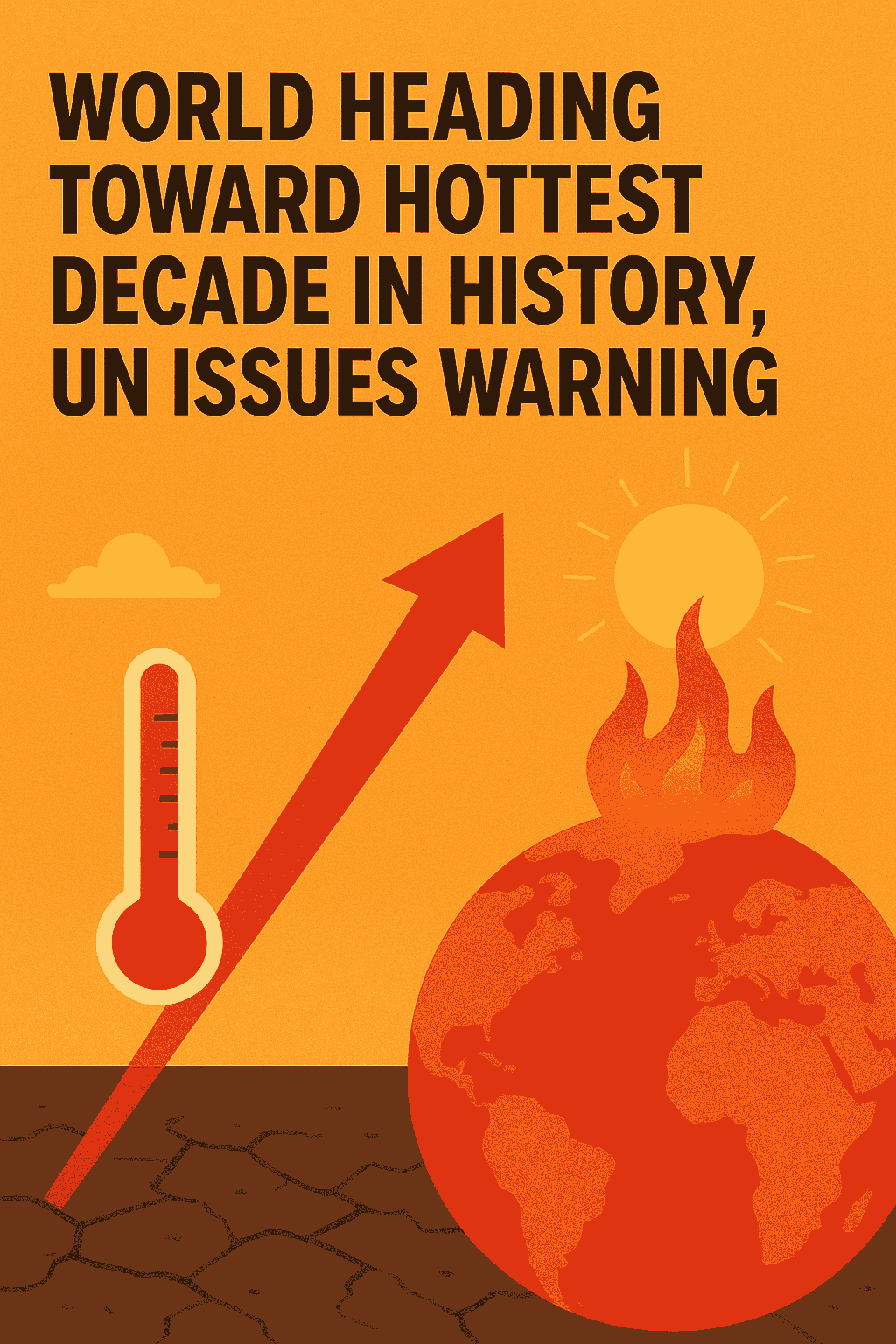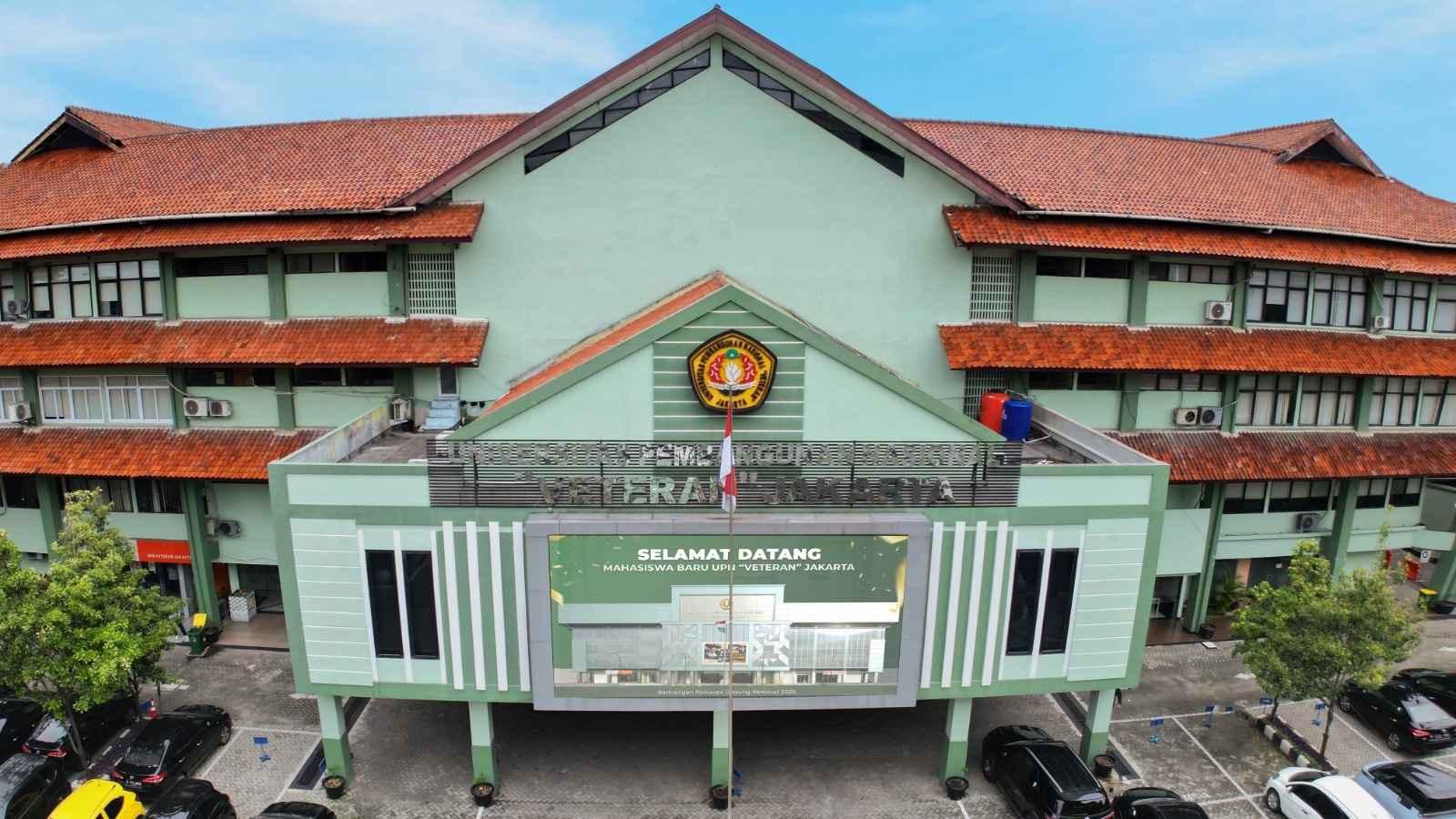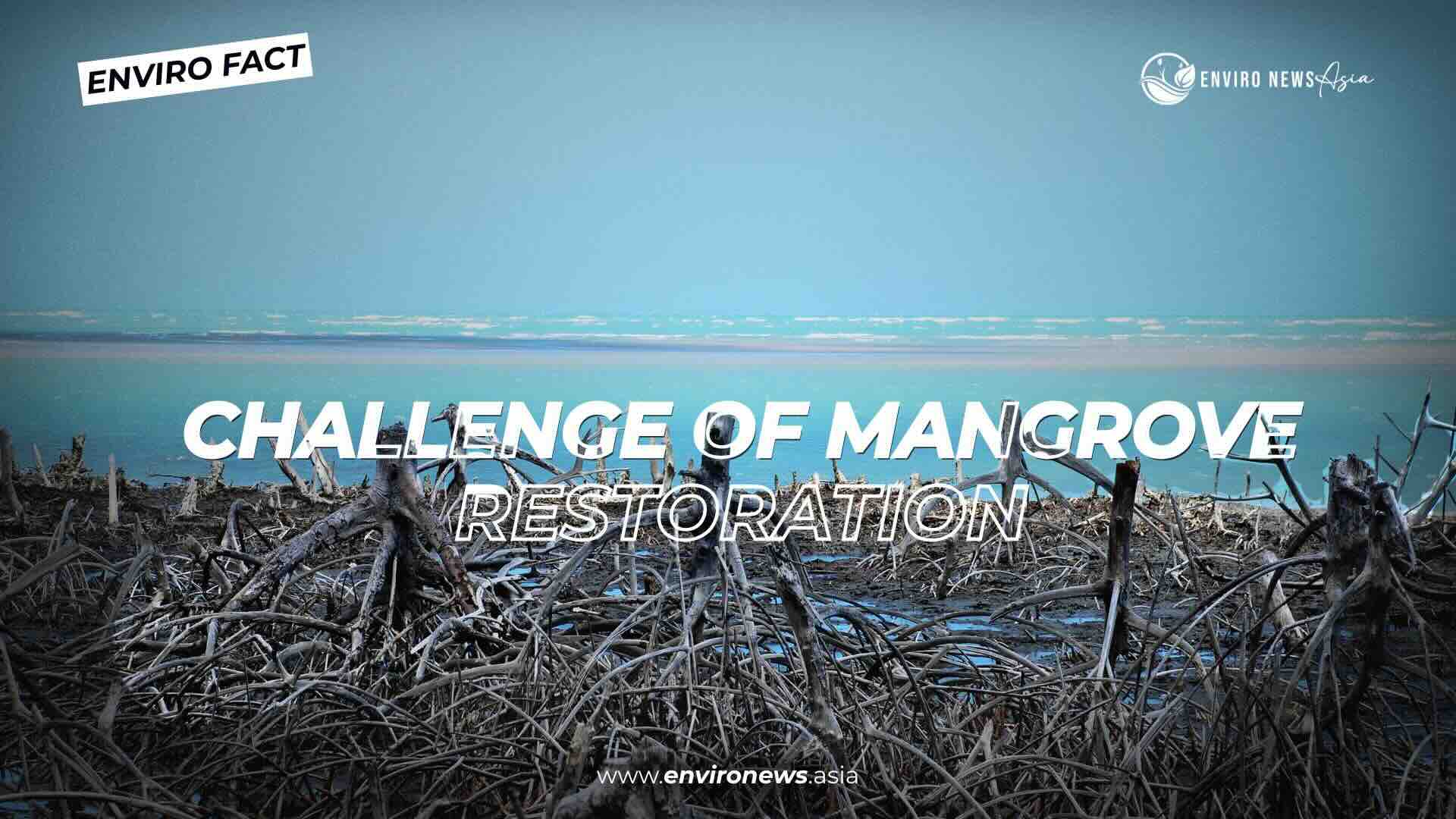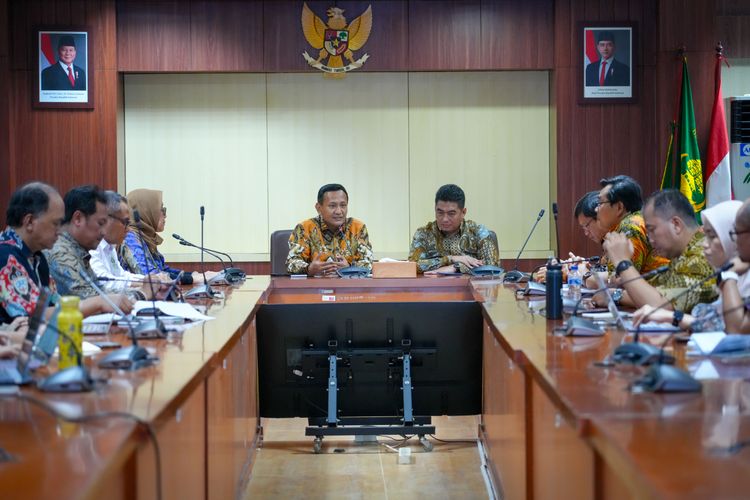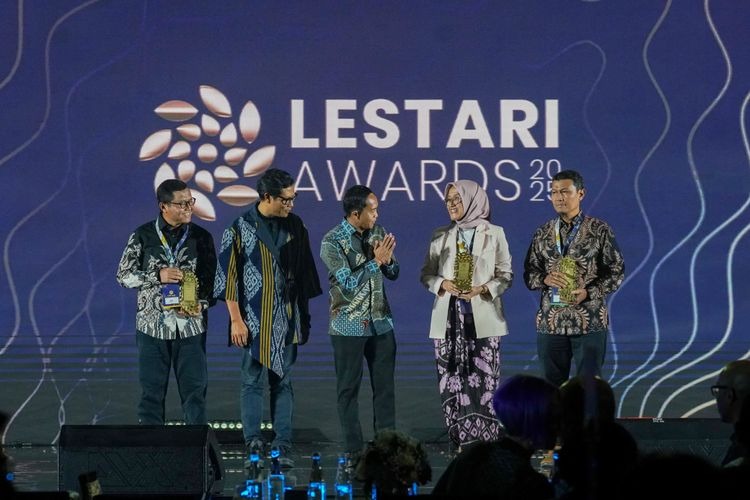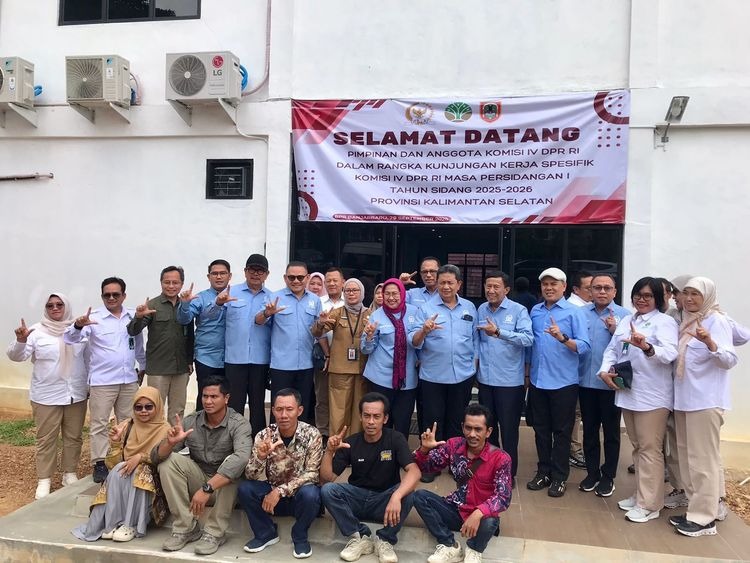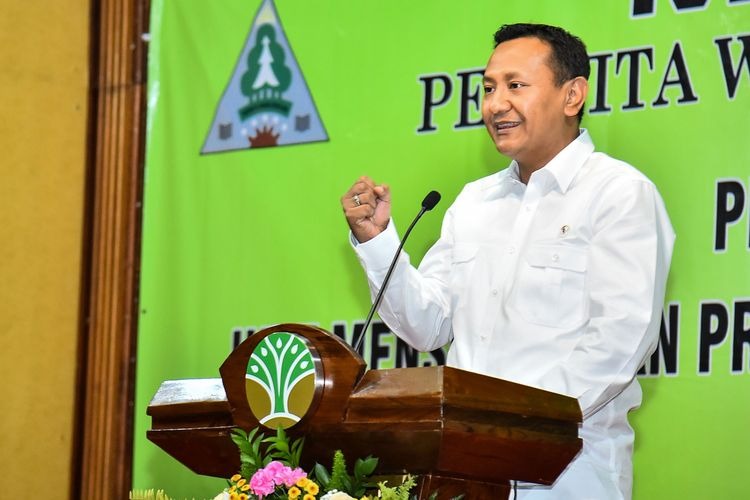Enviro News Asia, Aceh – The Ministry of Environment and Environmental Control Agency (KLH/BPLH) has reinforced Indonesia’s position in the global carbon market by signing three key international partnerships to enhance the credibility and transparency of carbon trading.
The agreements include a Mutual Recognition Agreement (MRA) between Indonesia’s Greenhouse Gas Emission Reduction Certification (SPEI) and the Verified Carbon Standard (VCS) Program by Verra, a Letter of Intent (LoI) with Puro.earth, and the issuance of joint certification guidelines with Gold Standard for the Global Goals (GS4GG).
Minister of Environment and Head of BPLH Hanif Faisol Nurofiq stated on Friday (October 3, 2025) that the initiative is part of the government’s broader strategy to build an inclusive and transparent carbon market. He emphasized that the government continues to expand multi-scheme Carbon Economic Value (NEK) mechanisms to convert Indonesia’s comparative advantages into global competitiveness.
Through these partnerships, KLH/BPLH reported that Indonesia now has access to 58 nature-based and 54 technology-based methodologies for climate change mitigation. Several projects are also being prepared for inclusion under the Paris Agreement’s Article 6 framework, including 14 projects under Article 6.4 and 60 collaborative projects with Japan under Article 6.2.
The collaboration with Gold Standard currently records 29 registered projects, 19 of which have achieved certified design status, generating a total of 4.6 million tons of CO₂ carbon credits. Meanwhile, the partnership with Verra is projected to enable the issuance of up to 17.27 million tons of CO₂-equivalent credits annually, targeting new carbon units by mid-2026.
Hanif highlighted that the future of Indonesia’s carbon market depends on its credibility. “No one should undermine the integrity of Indonesia’s carbon market. Its credibility will determine our ability to compete globally,” he said.
Supporting this initiative, Coordinating Minister for Food Affairs Zulkifli Hasan emphasized that the country’s green transition and carbon trade must be executed with strong governance. “Clean energy transition, green economy, and carbon trading are not just slogans — they are long-term commitments that must benefit the people,” he said.
The government is also preparing a comprehensive strategy for the upcoming UNFCCC COP 30 in Belém, Brazil, under the theme Integrity of Indonesia’s Carbon Market. Indonesia targets a total carbon trade of 50 million tons of CO₂-equivalent since 2021, including vintage carbon credits before 2020 and performance-based payments from various international collaborations.
Chairman of the Indonesian Forestry Entrepreneurs Association (APHI), Soewarso, expressed support for the initiative, noting that the collaboration will bring tangible benefits for sustainable forest management and emission reduction. (*)




